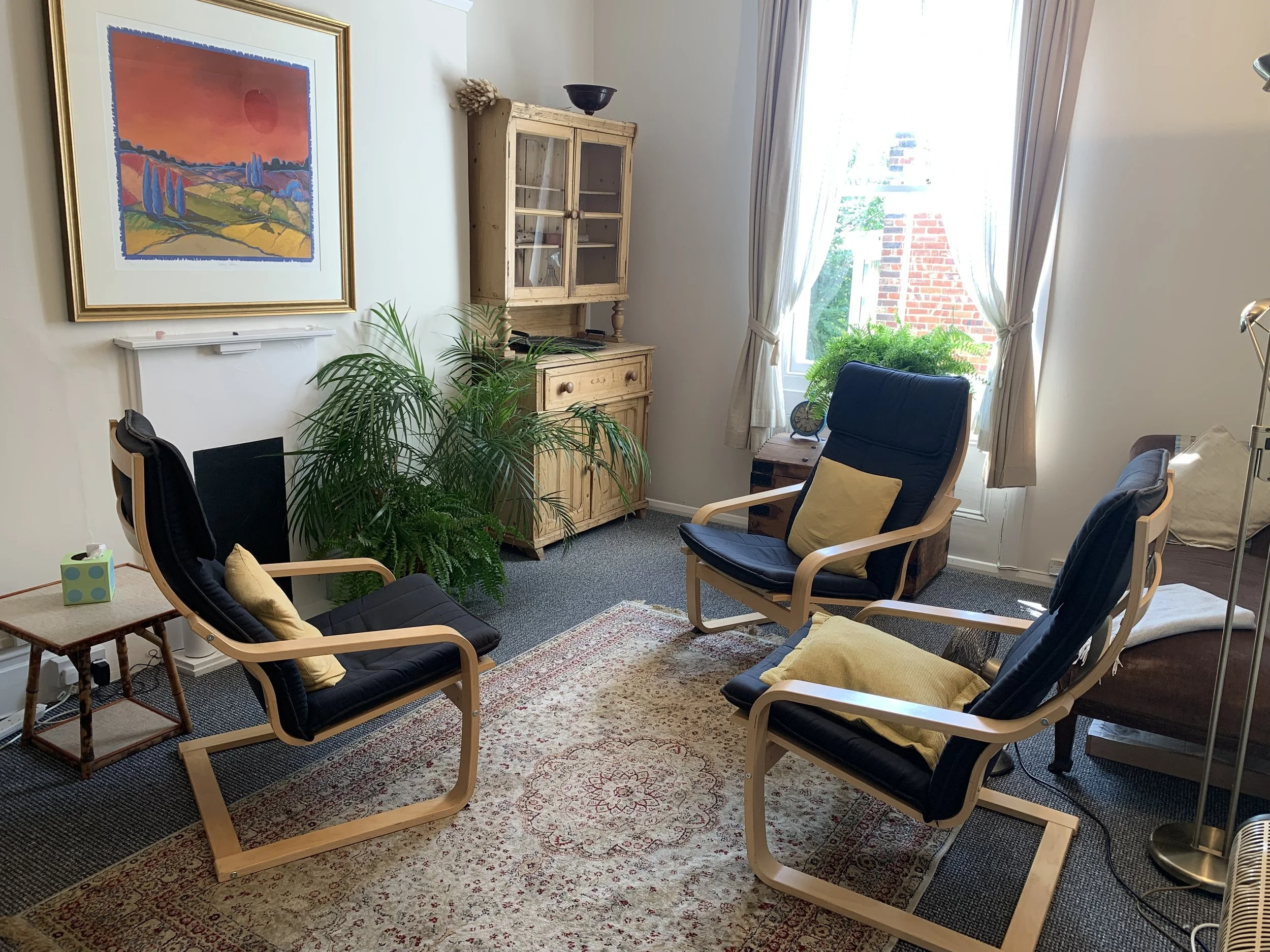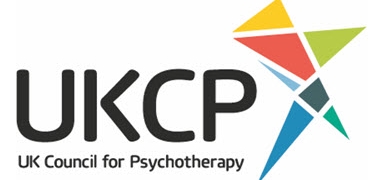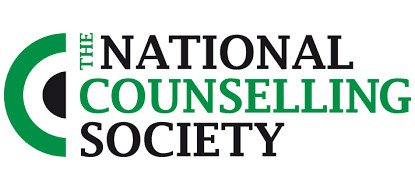About Sarah Rowat
Sarah Rowat
LOCATION: Church Road
AVAILABILITY: Mon, Tues, Thurs aft/eves and Weds am
PRICE: £60 per session (£20 first session fee)
SPECIALISMS:
• Neurodiversity
• Children & young people (10+)
• Bereavement & loss
• Trauma - inc childhood trauma
• Addiction
• Depression and anxiety
• Low self-worth and the inner critic
• Issues around migration and belonging
• Self esteem and identity
• Bullying and discrimination of any kind
• Carers
• Cancer and health issues
• Domestic violence
Training
Sarah is a qualified experienced Integrative Counsellor and a registered member of the British Association for Counsellors and Psychotherapists (BACP). Sarah has additional advanced training in specialist areas, including in neurodiversity, addiction, somatic trauma therapy, bereavement and counselling for children and young people.
FdSc in Person-Centred Counselling
Certificate in Addiction counselling from CRI
Certificate in Somatic Trauma Therapy
Certificate in bereavement counselling
Level 5 certificate - counselling children and young people
Certificate in neurodivergence from ‘AUsome’ and registered as a Neuroaffirming therapist.
B.A in social Anthropology and M.A in migration studies from Sussex university
Sarah has an enhanced DBS Certificate to work with Children and Young People.
Approach
There is something about offloading worries, big and small, to a kind non-judgmental person that can be incredibly healing. In this totally confidential space, you can truly learn about yourself and work out what is helping or hindering you in your life. Sarah will help you shine light on whatever you want to bring to therapy.
Sarah works primarily from the Person-Centred approach and is an integrated therapist. She is trained in many different areas and can incorporate other types of therapy depending on your needs. This might include grounding techniques or creativity tools.
If a client is interested, Sarah can also use theory to help you understand why you may be feeling a certain way. For example, 'attachment theory' can help identify a specific attachment style. If you are stuck repeating unhelpful cycles of behaviour, this can help you recognise this and break these patterns.
Believing that you are the expert on yourself, the person-centred approach is about a non-judgmental space, where empathy and 'realness' create the right conditions for change to happen. Although therapy often deals with the stressful and challenging aspects of life, Sarah aims to also encourage positivity and laughter within the counselling space.
Sarah believes that every person is unique and she aims to provide the right environment for progress to be made. She listens carefully and observes things the client may not have noticed about themselves or their situation. This can often lead to 'lightbulb moments'. Seeing their story from a different place can illuminate what's been holding a person back. A client can then gain insight into their psychological process which enables them to fulfil their potential going forward.
Children & young people
Trained to advanced level, Sarah provides a calm, therapeutic space, where children and young people can express themselves freely without judgement. She works with children from 10 years up.
Young people face many problems, such as:
anxiety or difficulty at school/college or at home
low self-esteem
bullying
navigating adolescence
worries around neurodivergence (ADHD, Autism).
Talking in a relaxed safe space can be very healing. Sarah is trained and experienced in helping a young person work through and process difficult emotions or struggles, allowing them to feel more grounded and able to move forward.
Therapy with children and young people starts with building trust. The aim is to build a connection where they can feel heard and understood.
Some young people just want to talk and offload. Others want more feedback and life tools, for example tools to tackle over-thinking or anxiety. While some respond better to creative therapy methods.
Sarah aims to help a young person work through the things that have been troubling them. She helps them increase their confidence so they can feel more emotionally balanced and able to cope.
Bereavement and loss
Bereavement can be totally overwhelming and often one of the most traumatic experiences a person can go through.
Sarah is an experienced and empathic bereavement counsellor. Having trained and worked at the Martlets for several years before private practise.
Grief is a very personal experience and bereavement counselling is about working through emotions that can be very painful and complicated. Sarah will gently help you navigate this in a way that suits your needs. She will use different tools to help your healing process.
Sarah also works with grief in many other areas. This could be the estrangement or loss of a spouse, friend or a much loved pet. It could be the loss of a valued career, your home or your health.
Neurodivergence ADHD, ASD (Autism), HSP
Sarah is highly trained and experienced in working with Neurodivergent clients. Including ASD (Autism), ADHD and HSP. Working with adult clients, children and young people. Sarah can also work with family members.
Neurodivergent people process and experience life in a different way to Neurotypical people. However, living in a world geared towards Neurotypical people, can be extremely confusing and difficult. Lack of confidence can often become a big issue. As can overwhelm and burnout.
Sarah is passionate about helping neurodivergent people traumatised from things like being negatively judged, bullied or harassed. Key elements of Sarah's work are to help you recognise your many positive gifts. Gifts such as hyper-focus, innovative thinking, creativity, advanced empathy, sensory awareness and many others.
Sarah aims to help you let go of past trauma and negativity. To celebrate and accept yourself as the unique person you are and transform your life.
Sarah’s Consulting Room (Church Road, Hove)
Sarah works in this room on Monday evenings and Tuesday Afternoons/Evenings
Sarah’s Consulting Room (Church Road, Hove)
Sarah works in this room on Wednesday Mornings and Thursday afternoons/Evenings








